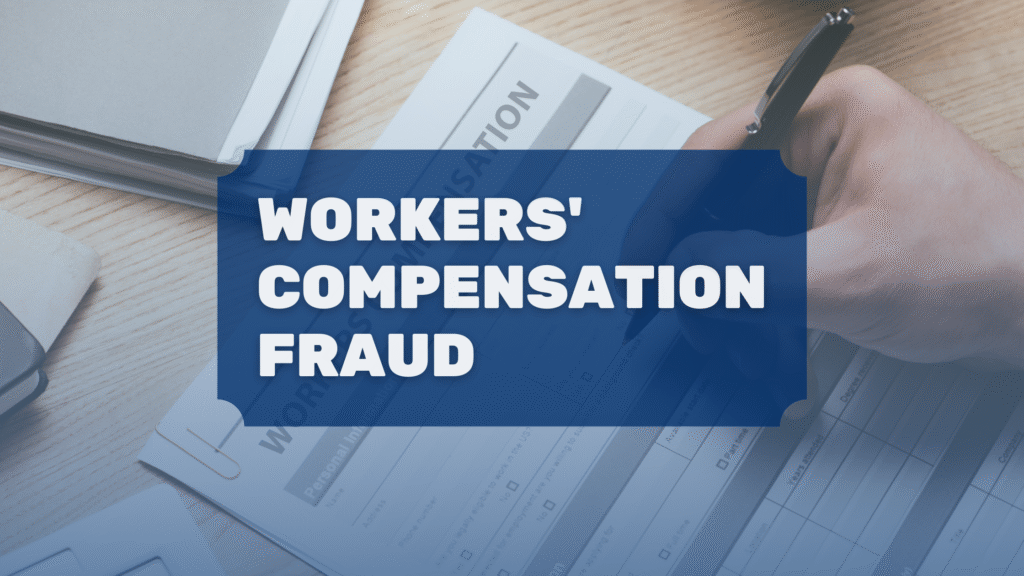December 19, 2024 | JacobiJournal.com — Efficiency in fraud investigations is a critical concern in the insurance sector, where investigators face a unique challenge: the productivity paradox. This paradox refers to the difficulty of balancing quality and efficiency in investigative processes, as highlighted in an article from Insurance Fraud.org. Fraud.org.
Maintaining efficiency in fraud investigations often forces investigators to make difficult trade-offs between thoroughness and speed. While high-quality investigations are essential to uncover complex fraud schemes, the increased time and resources required can strain operational capacity. Conversely, prioritizing efficiency may lead to oversights, allowing sophisticated fraudulent activities to go undetected. This ongoing tension highlights the importance of adopting strategies that support both accurate and timely fraud detection.
Understanding the Productivity Paradox
As fraud schemes grow increasingly complex, the demand for high-quality investigations intensifies. However, meeting this demand often comes at the cost of efficiency in fraud investigations, leading to longer investigation timelines and increased operational costs. Conversely, prioritizing efficiency can compromise the thoroughness and accuracy of fraud investigations, leaving insurers vulnerable to undetected schemes.
Strategies to Overcome the Paradox
To address this challenge, insurers and investigators can implement the following strategies:
- Leverage Advanced Technology: Utilize artificial intelligence (AI) and machine learning tools to automate routine tasks, allowing investigators to focus on complex cases.
- Enhance Training Programs: Equip investigators with the skills needed to manage advanced tools and navigate the intricacies of modern fraud schemes.
- Foster Collaboration: Promote collaboration between departments to streamline workflows and share critical insights, improving both quality and efficiency.
- Adopt Data-Driven Approaches: Use analytics to prioritize high-risk cases, ensuring resources are allocated effectively without sacrificing thoroughness.
Conclusion
Balancing quality and efficiency in fraud investigations is critical to maintaining the integrity of the insurance industry. By adopting innovative technologies, investing in training, and fostering collaboration, insurers can overcome the productivity paradox and protect their resources effectively.
Enhancing efficiency in fraud investigations not only reduces operational costs and investigation timelines but also ensures that complex schemes are detected and addressed promptly. Ultimately, a focus on both quality and efficiency strengthens trust in the insurance system and safeguards resources for legitimate claims.
As professionals in the insurance and fraud investigation sectors, you understand the challenges of balancing speed and accuracy. By prioritizing efficiency in fraud investigations, you can allocate your resources more effectively, respond to cases faster, and still maintain the thoroughness needed to uncover sophisticated schemes. Implementing the right strategies ensures your efforts have maximum impact, protecting both your organization and the clients you serve.
For more insights into balancing quality and efficiency in fraud investigations, refer to the article from Insurance Fraud.org.
FAQs: Balancing Quality and Efficiency in Fraud Investigations
What is the productivity paradox in fraud investigations?
The productivity paradox refers to the challenge of balancing the need for high-quality investigations with the demand for efficiency, often leading to longer timelines or compromised thoroughness.
How can advanced technology improve fraud investigation efficiency?
Utilizing tools like AI and machine learning can automate routine tasks, allowing investigators to focus on complex cases, thereby improving both quality and efficiency.
Why is continuous training important for fraud investigators?
Regular training equips investigators with the latest skills and knowledge to handle evolving fraud schemes, ensuring high-quality investigations and efficient case resolutions.
What role does collaboration play in balancing quality and efficiency?
Promoting collaboration between departments can streamline workflows, share critical insights, and improve both the quality and efficiency of fraud investigations.
What is fraud risk management?
Fraud risk management is a structured approach to identify, prevent, detect, and respond to fraud. It includes risk assessments, monitoring, employee training, and clear reporting protocols to protect assets and minimize losses.
What is the best method to prevent fraud in the workplace?
The best method combines strong internal controls, employee education, regular audits, and technology like AI analytics to detect anomalies. Fostering an ethical culture encourages reporting and reduces the risk of fraud.
Stay informed about the latest developments in legal actions and regulatory news. Subscribe to JacobiJournal.com for expert analysis and updates on combating fraudulent activities in the insurance sector.






